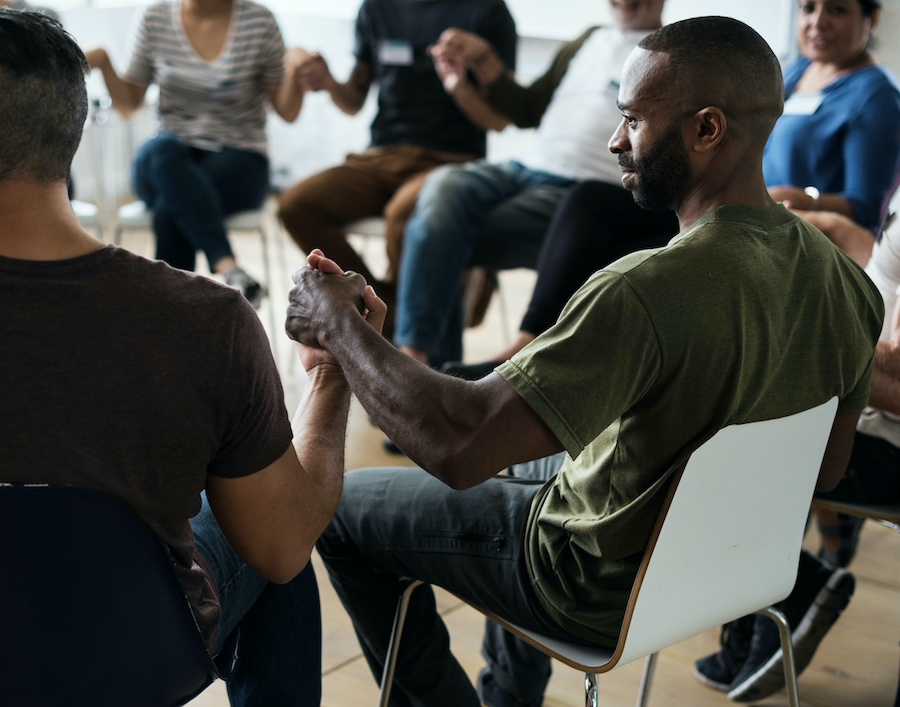At Excel Peer Support Services, LLC, we’re not just another support center — we’re your partners in progress, your champions of change, and your companions on the road to recovery. With a commitment to excellence and a passion for empowerment, we’re here to help you excel in every aspect of your journey towards wellness and fulfillment.
What it does: Helps people find basic needs like housing, food, clothing, transportation, and other resources. Also helps set and reach personal goals.
Example: If you need a place to live or help paying bills, a peer support worker connects you to the right resources—like a friend who knows where to find what you need. For Adults only (18+)
What it does: Helps people avoid crisis, find stable housing, get jobs, build friendships, find community resources and learn important life skills.
Example: Like a life coach who helps you stay on track, CST makes sure people have the support they need to live a more stable, independent life by having a team of professional staff providing support. For Adults only (18+)
What it does: Ensures people take the right medicine in the right way to stay healthy.
Example: Like a coach making sure players follow the right game plan, doctors and nurses help people use their medicine correctly so it works best for them.
What it does: Helps people find doctors, food, housing, and other important services. Support them in making a plan for a better future.
Example: Like a guide in a maze, a case manager helps people find the best path to get what they need.
What it does: Provides therapy sessions without staying in a hospital, allowing people to keep their daily routine.
Example: Like having a weekly chat with a trusted teacher or coach, therapy helps people learn skills that helps them work through feelings and challenges while still going to work or school.
What it does: Provides mental health support for children and families right in their home or community. It assists in improving and/or stabilizing the home.
Example: Instead of going to a therapist’s office, a team of professionals comes to your home to help the child and family work through challenges together. For children/adolescents only.
What it does: Helps people with ongoing mental health challenges become more independent by teaching social skills, coping skills, and job skills, in an office setting.
Example: Like learning to ride a bike, it takes practice and support to get better. PSR helps people gain confidence and skills to improve their quality of independent life. For Adults only (18+)
What it does: Helps people struggling with addiction to drugs, alcohol, gambling, porn or any behavior considered excessive including cigarette smoking. SAIOP provides group support 3-5 times a week 3hrs per day.
Example: Like a workout group helping each other get stronger, SAIOP brings people together to learn how to overcome addiction with support and guidance.
What it does: Provide one on one assistance tailored to personal development and recovery goals. Provides services that assist individuals in transitioning from a higher level of care (such as inpatient or residential programs) to independent living or community-based support.
Example: If someone struggles with depression (Getting out of bed) the individual may be encouraged to get out of bed, take a shower and take a walk. Example finding an individual, finding housing, setting up therapy or even teaching basic skills like budgeting or meal planning. Adults only (18+)
What it does: SACOT helps participants reduce substance use, develop life and work skills, strengthen social supports, and maintain long-term recovery. You’ll attend the program for about four hours a day, five days a week, with both day and evening options available to fit your schedule.
Example: You might come in each morning for therapy and skills-building, then head to work or take care of your family in the afternoon. As you grow stronger in your recovery, the program adjusts—reducing how often you need to attend while continuing to offer support as you transition back into everyday life.

Increase in engagement
Support in developing recovery support system
Develop recovery support system
Increase knowledge and use of community resources
Develop/utilize wellness tools
Decrease in crisis service utilization and hospitalizations
Increase community inclusion and self-esteem
Union County
Gaston County
Cabarrus County
Stanly County
Mecklenburg County